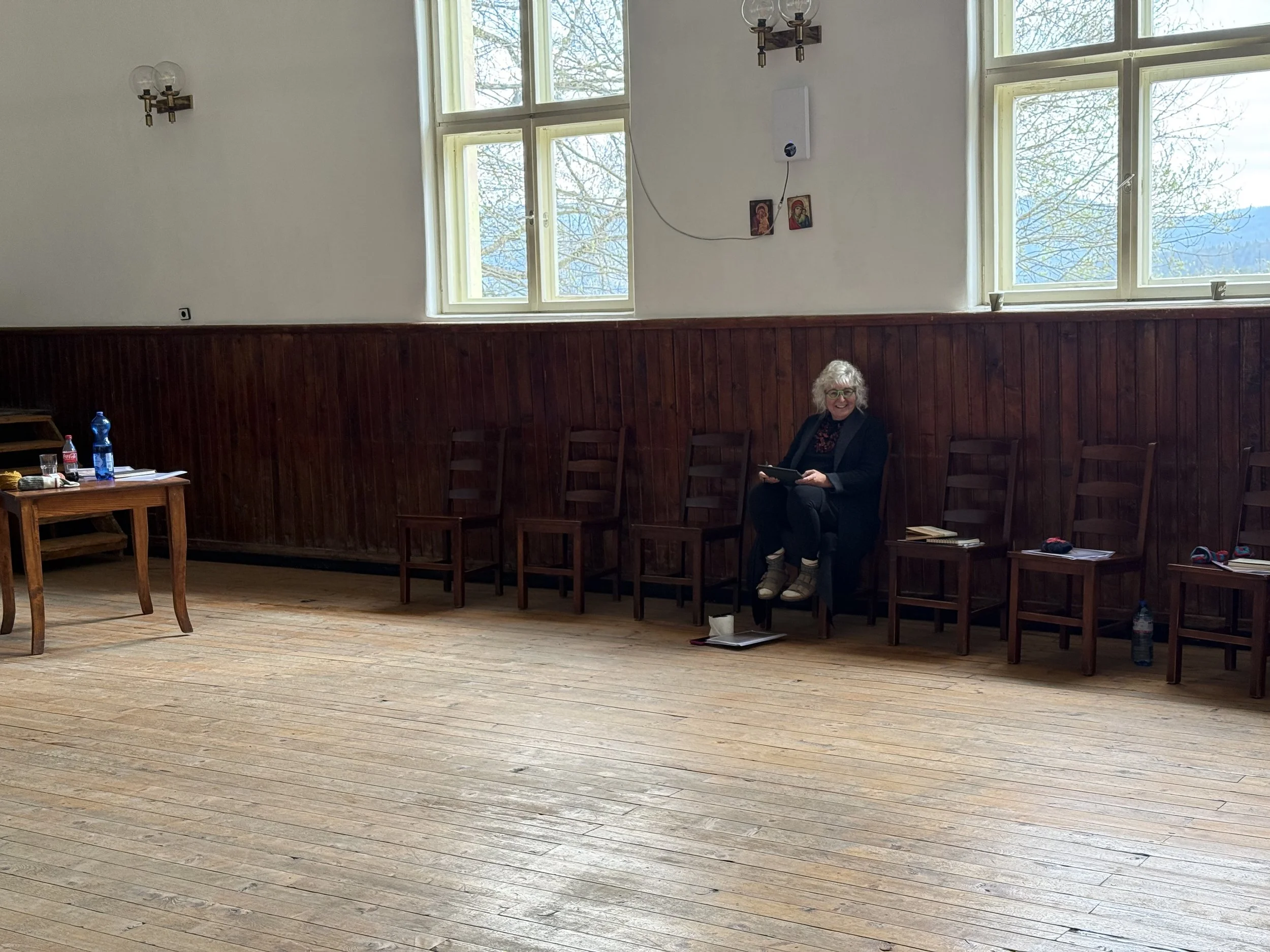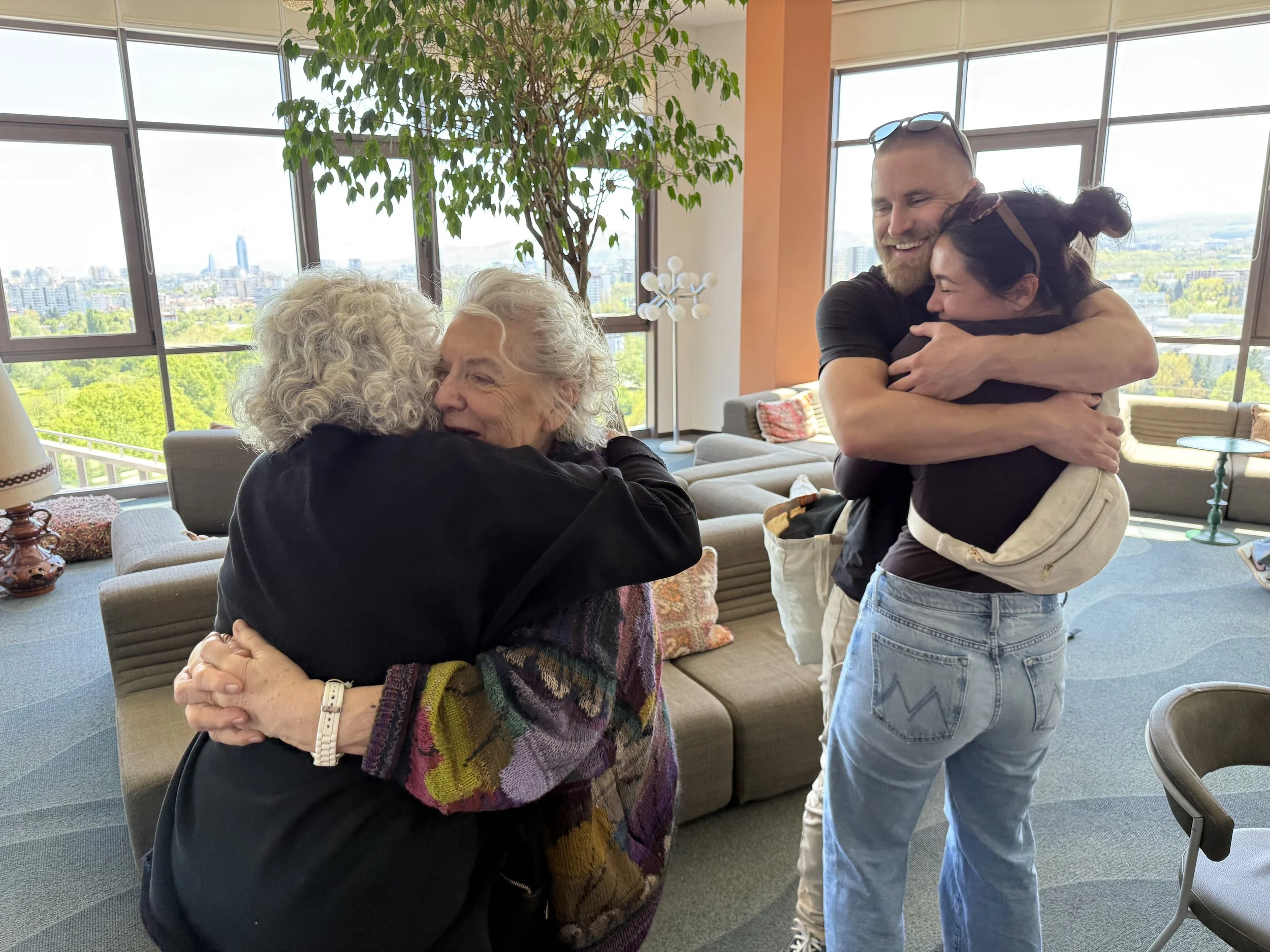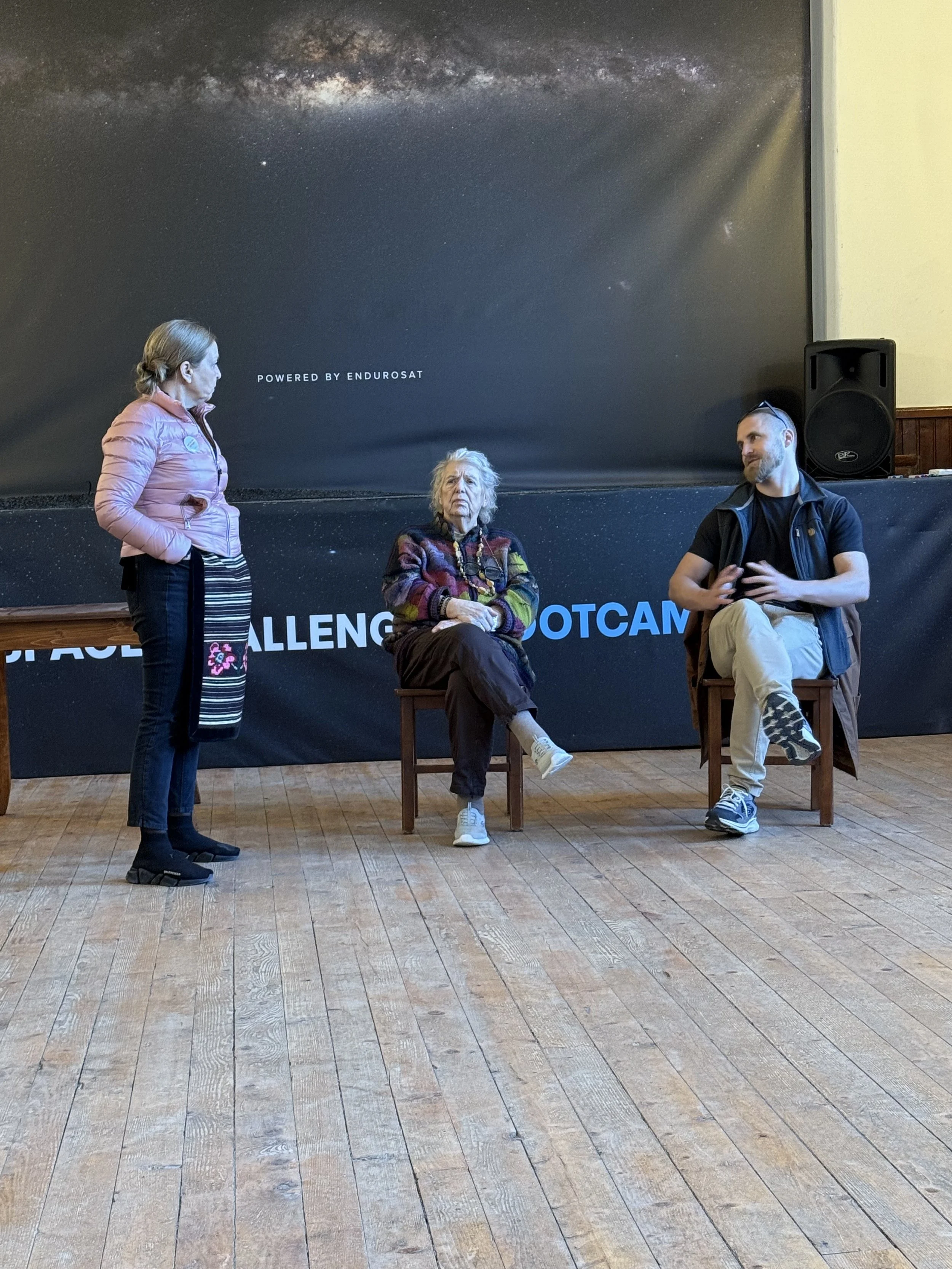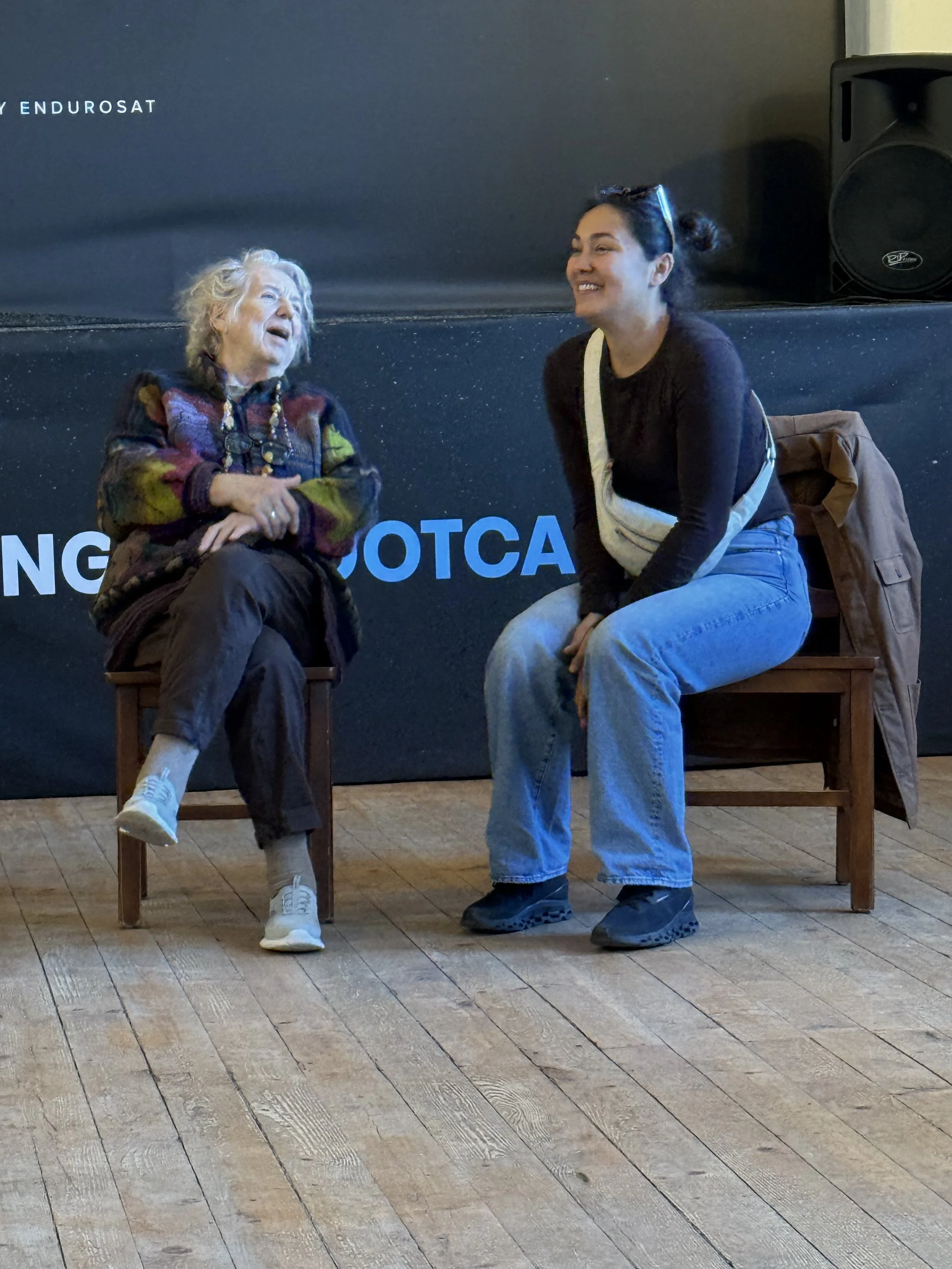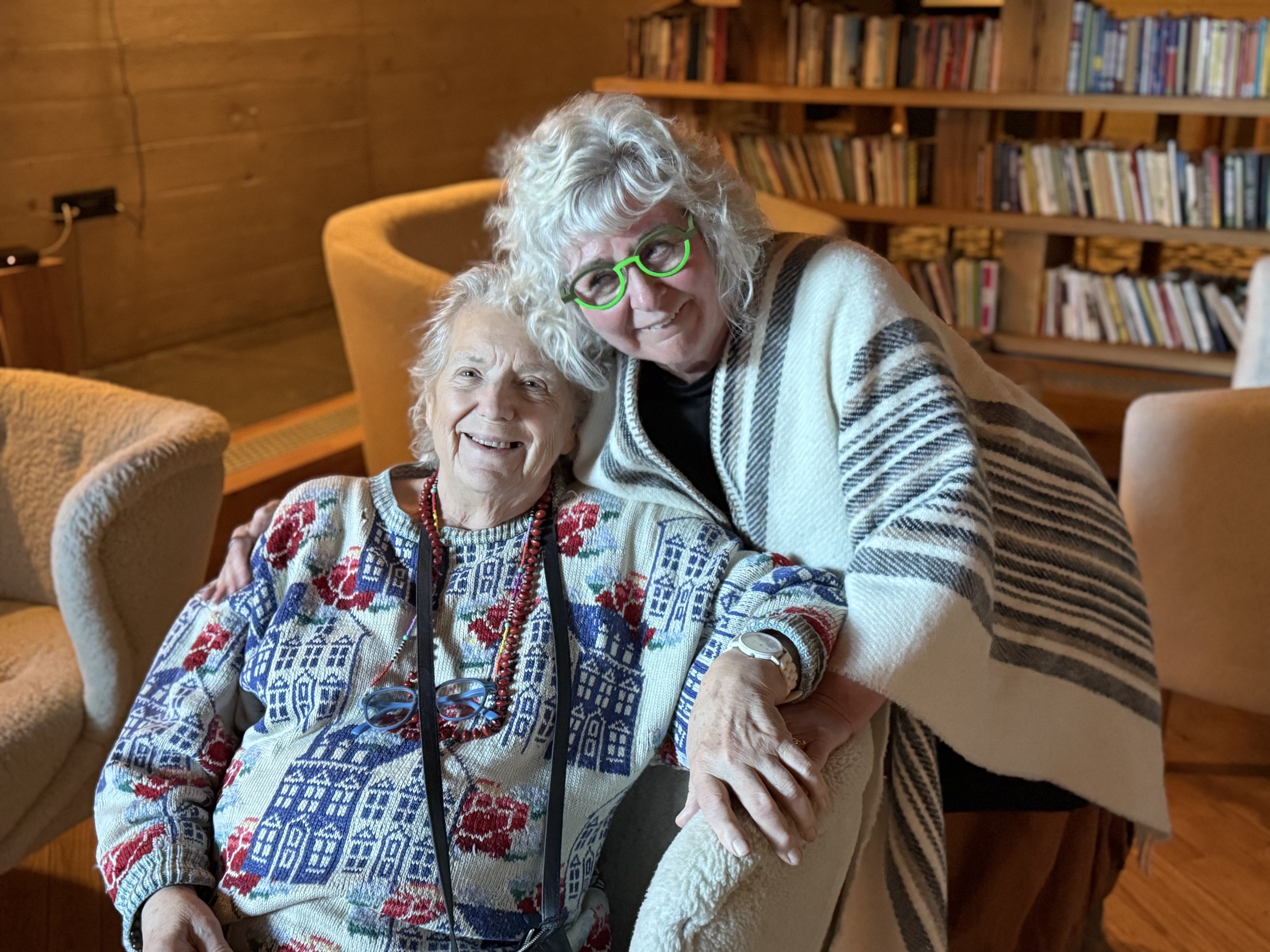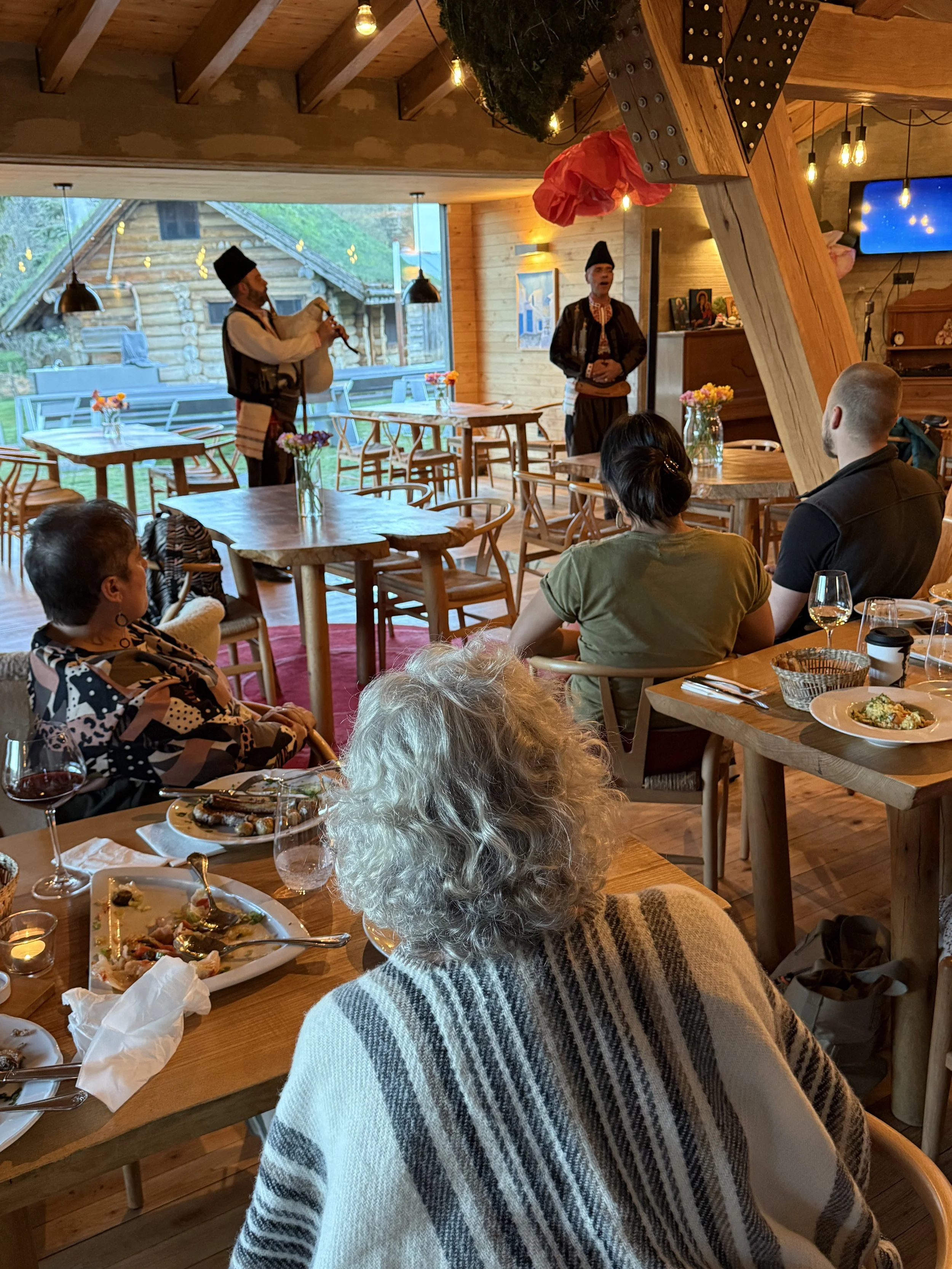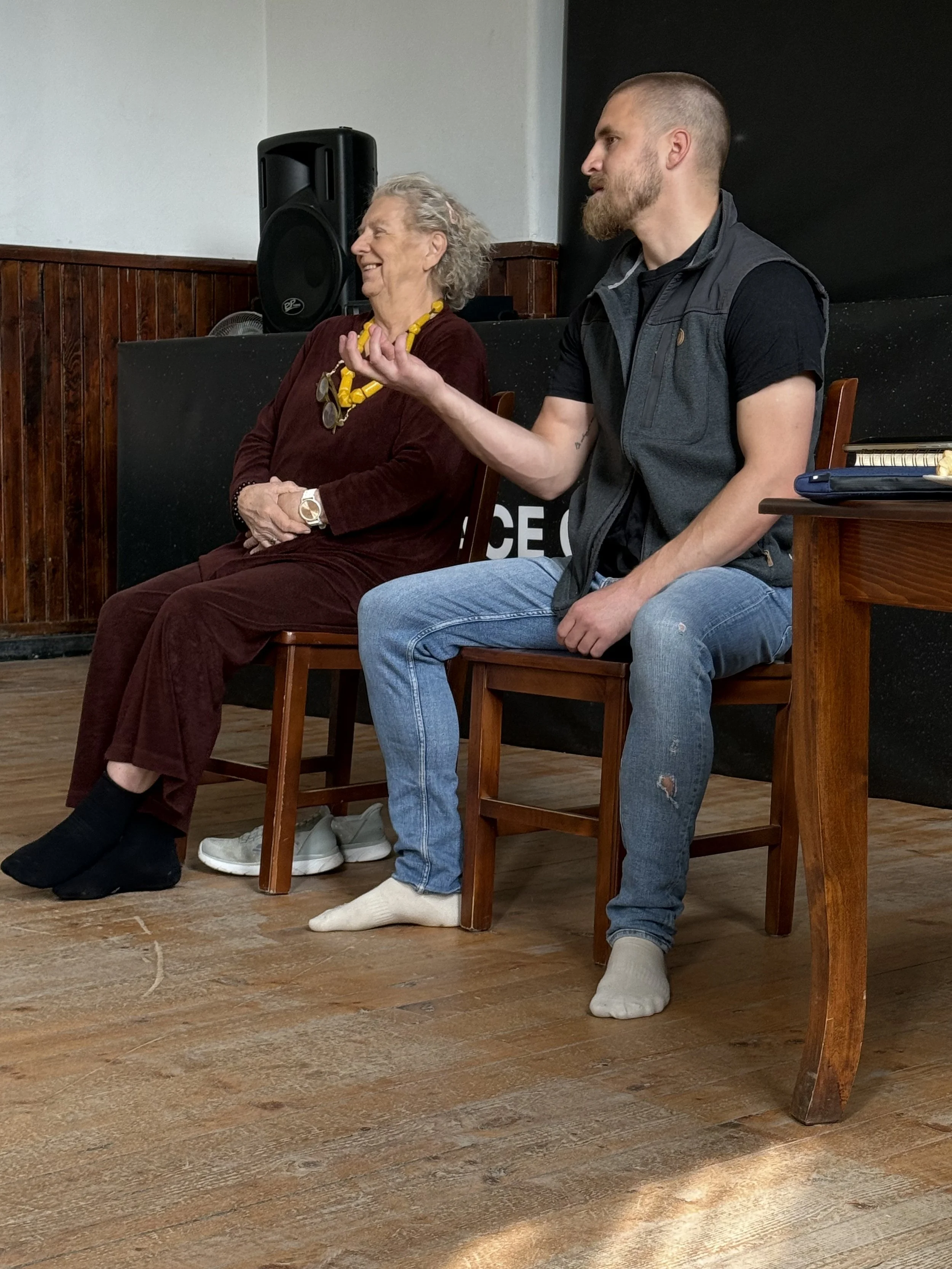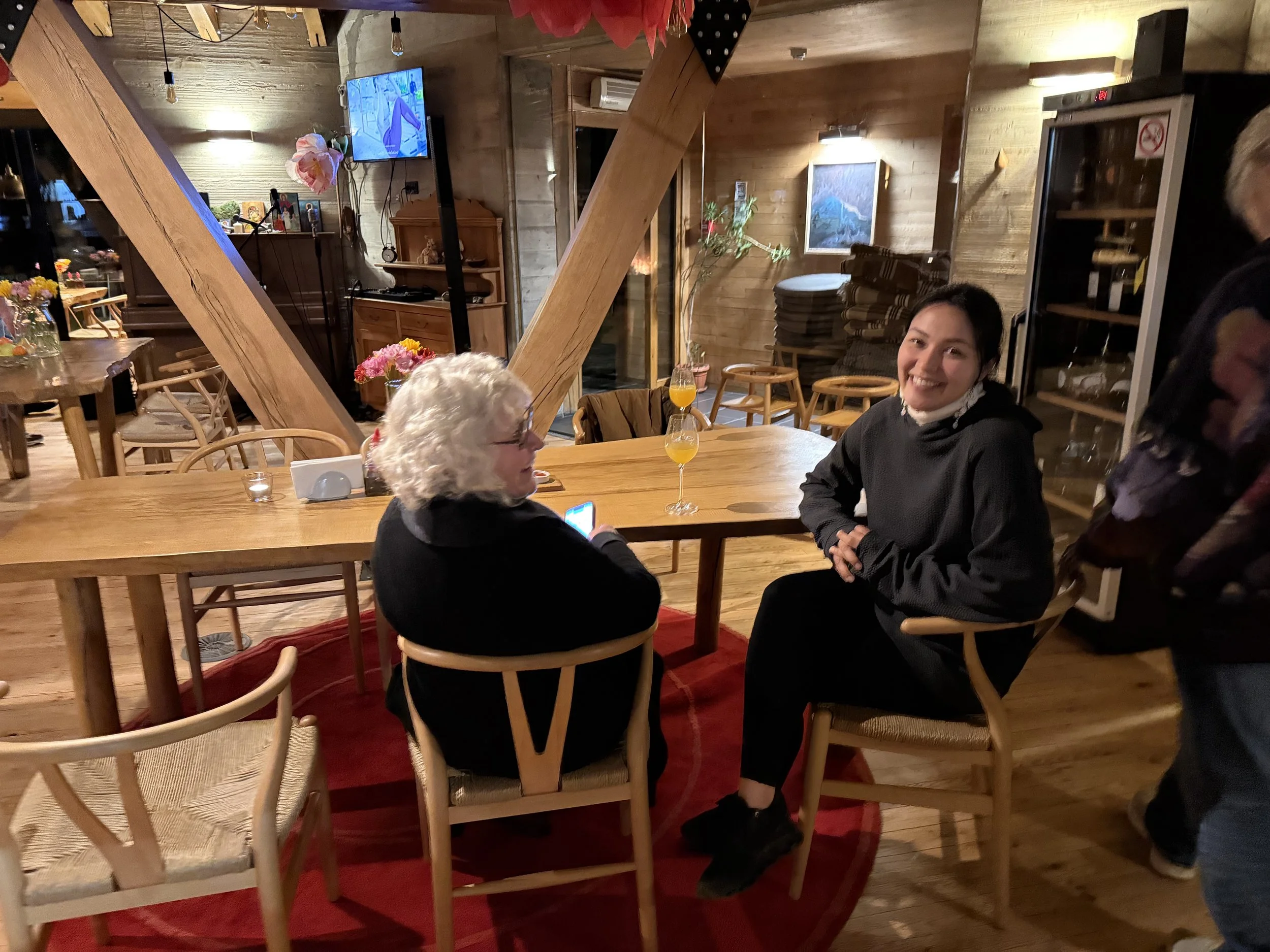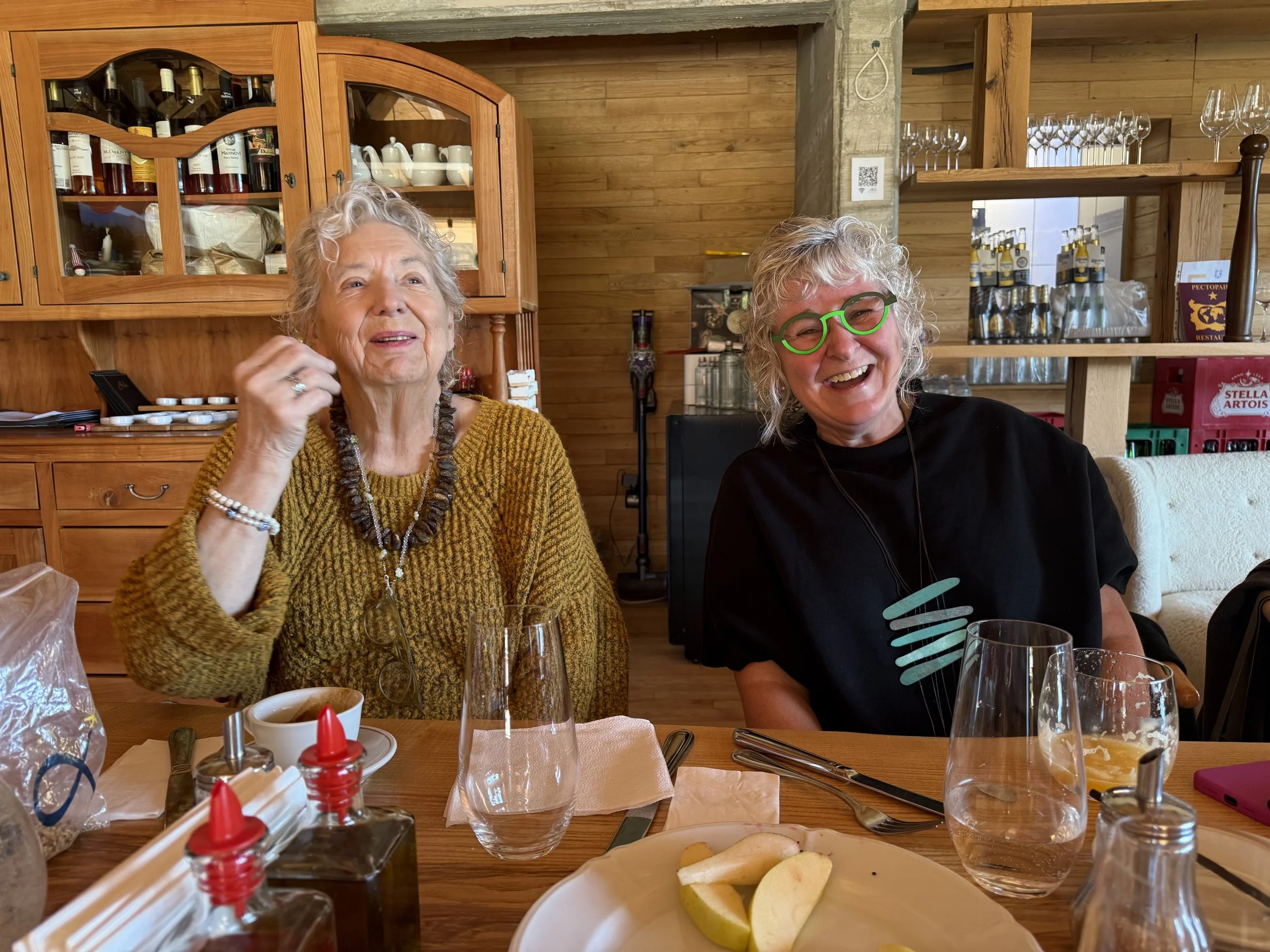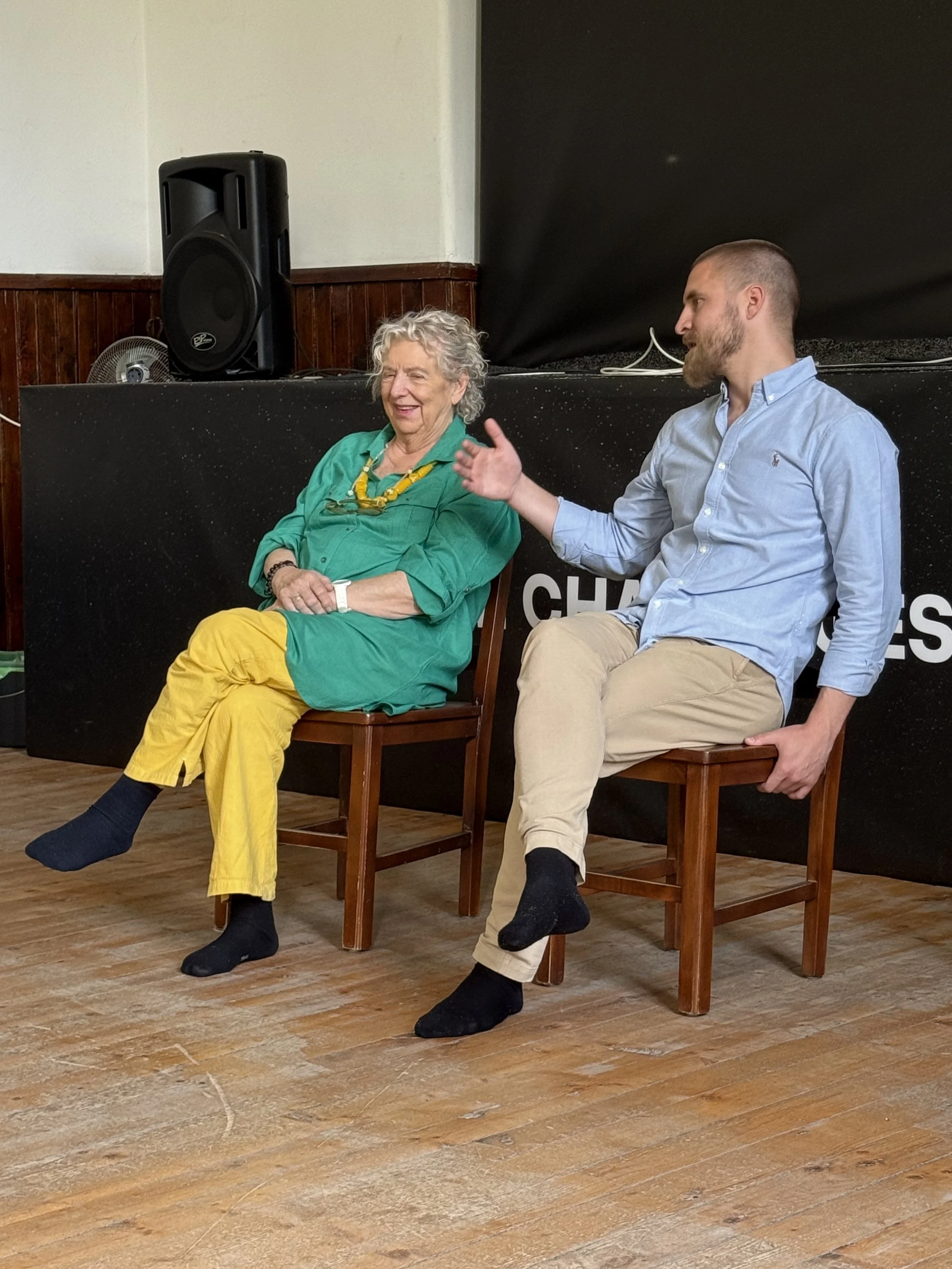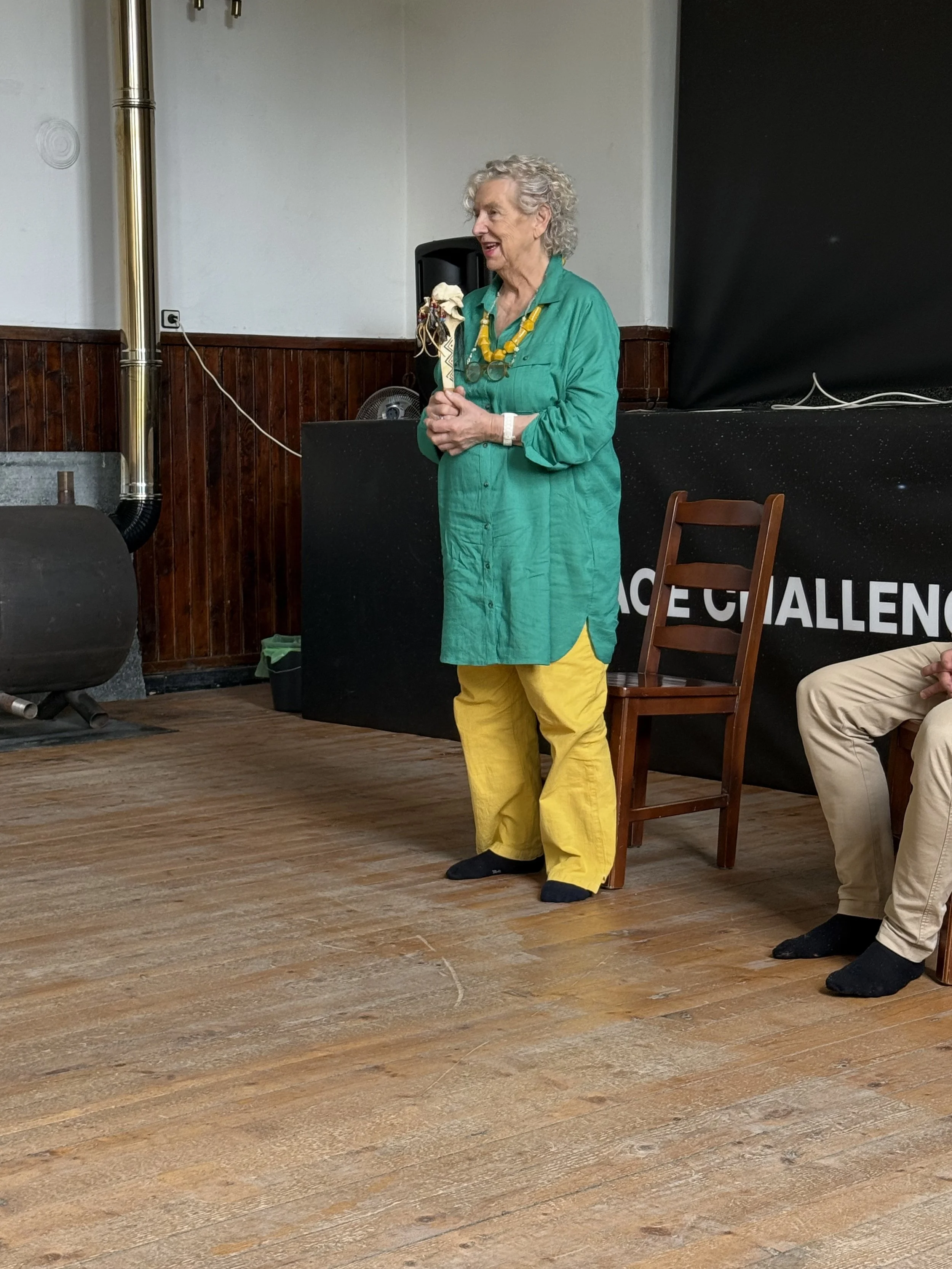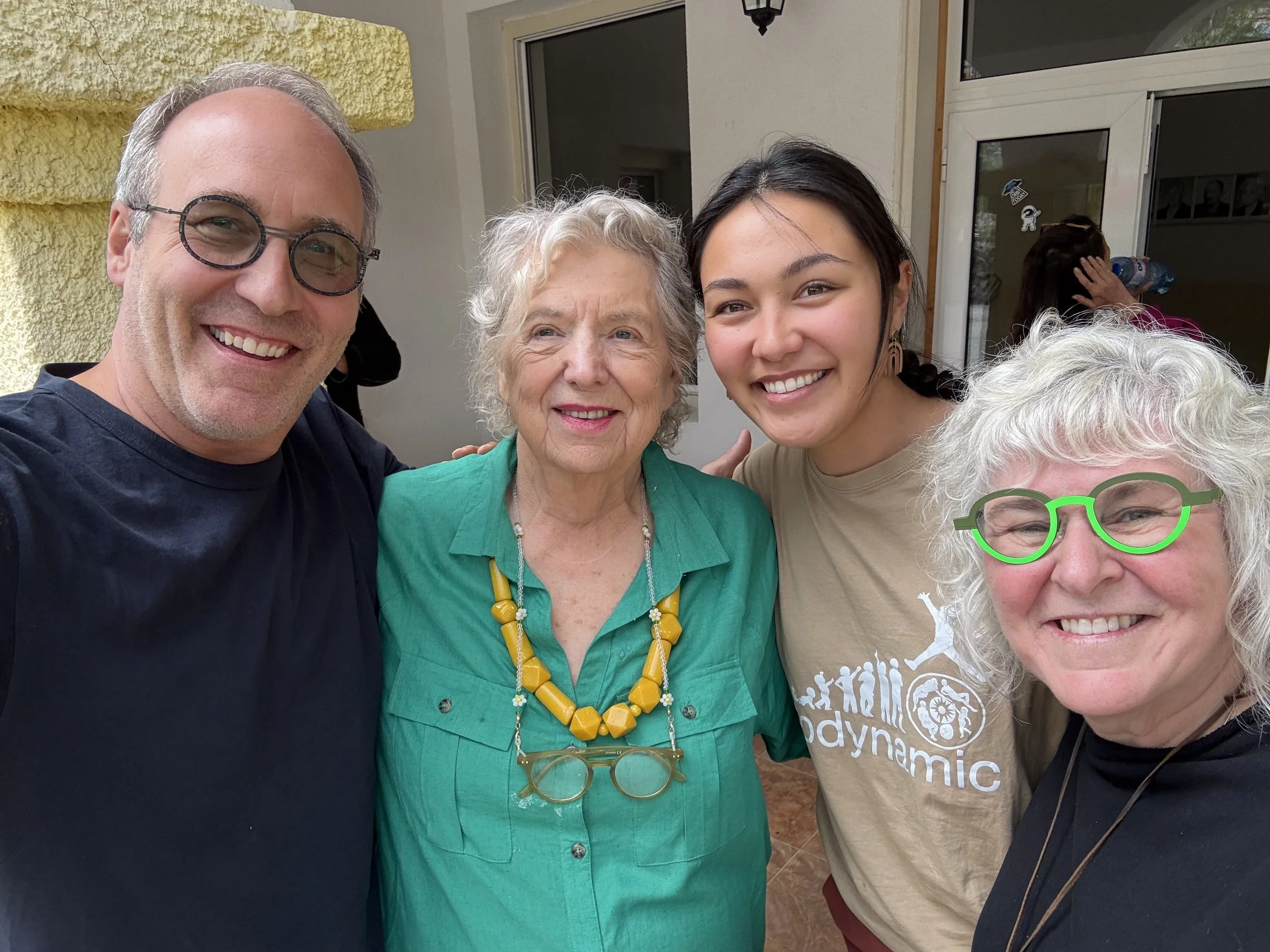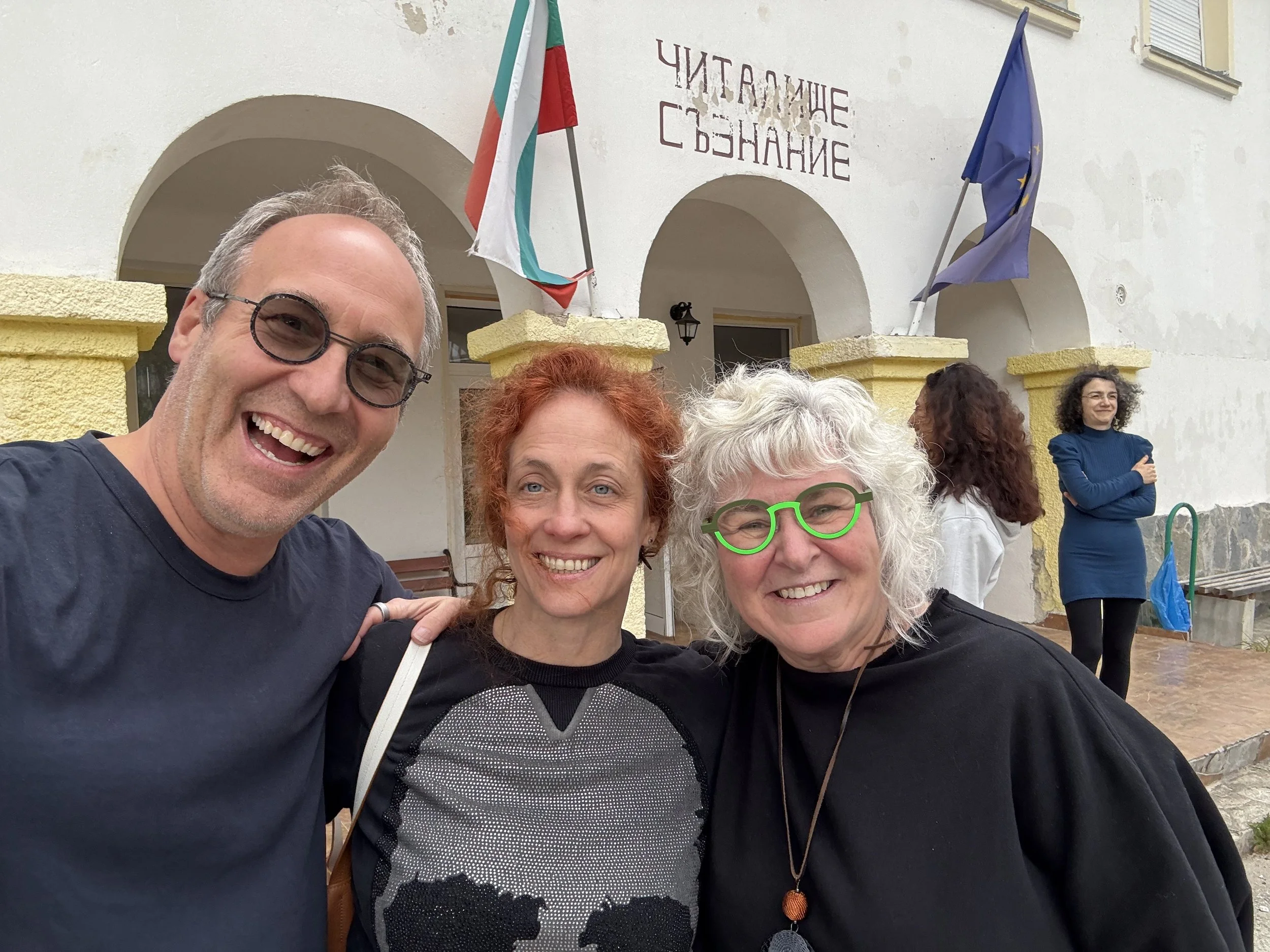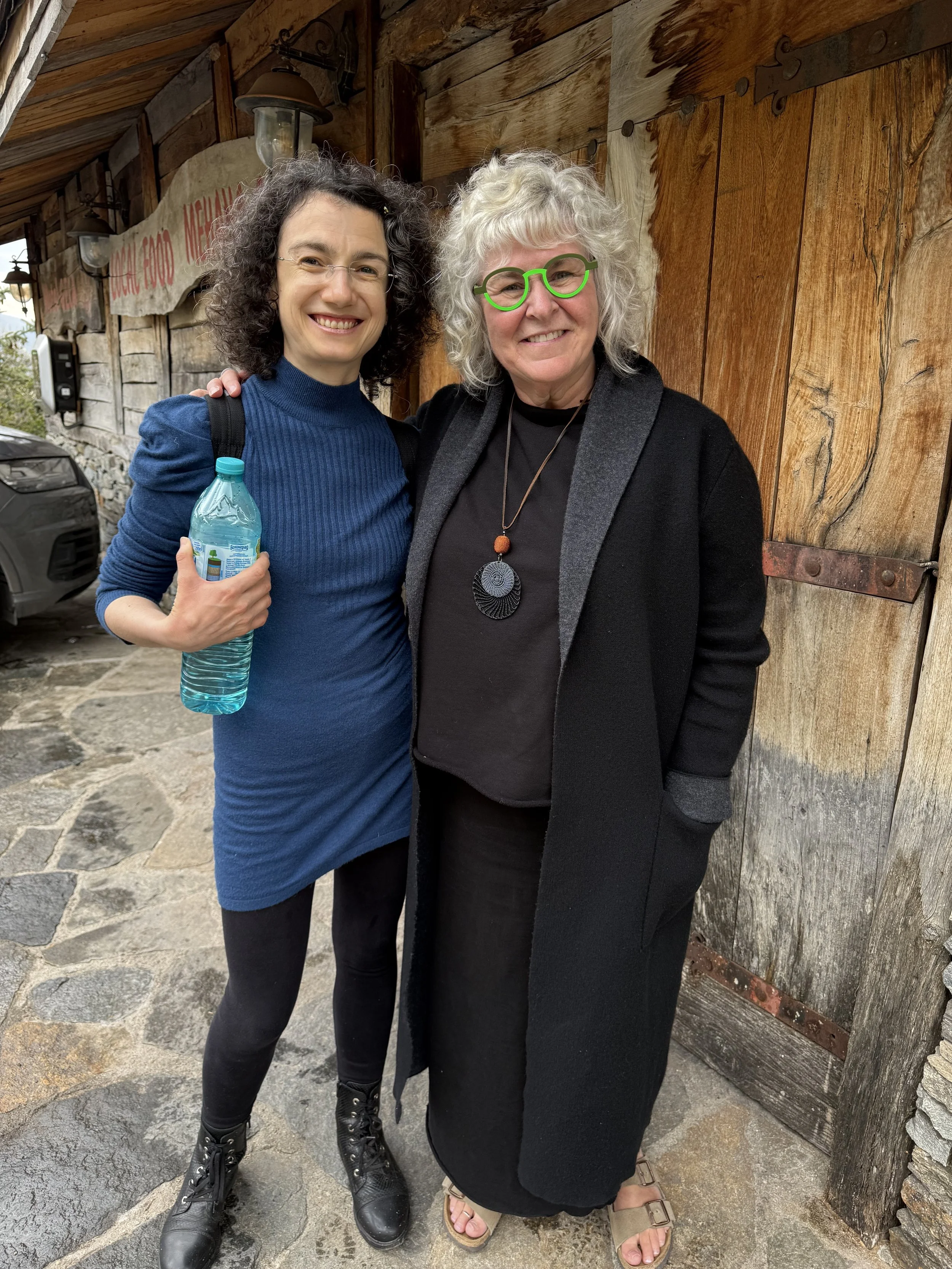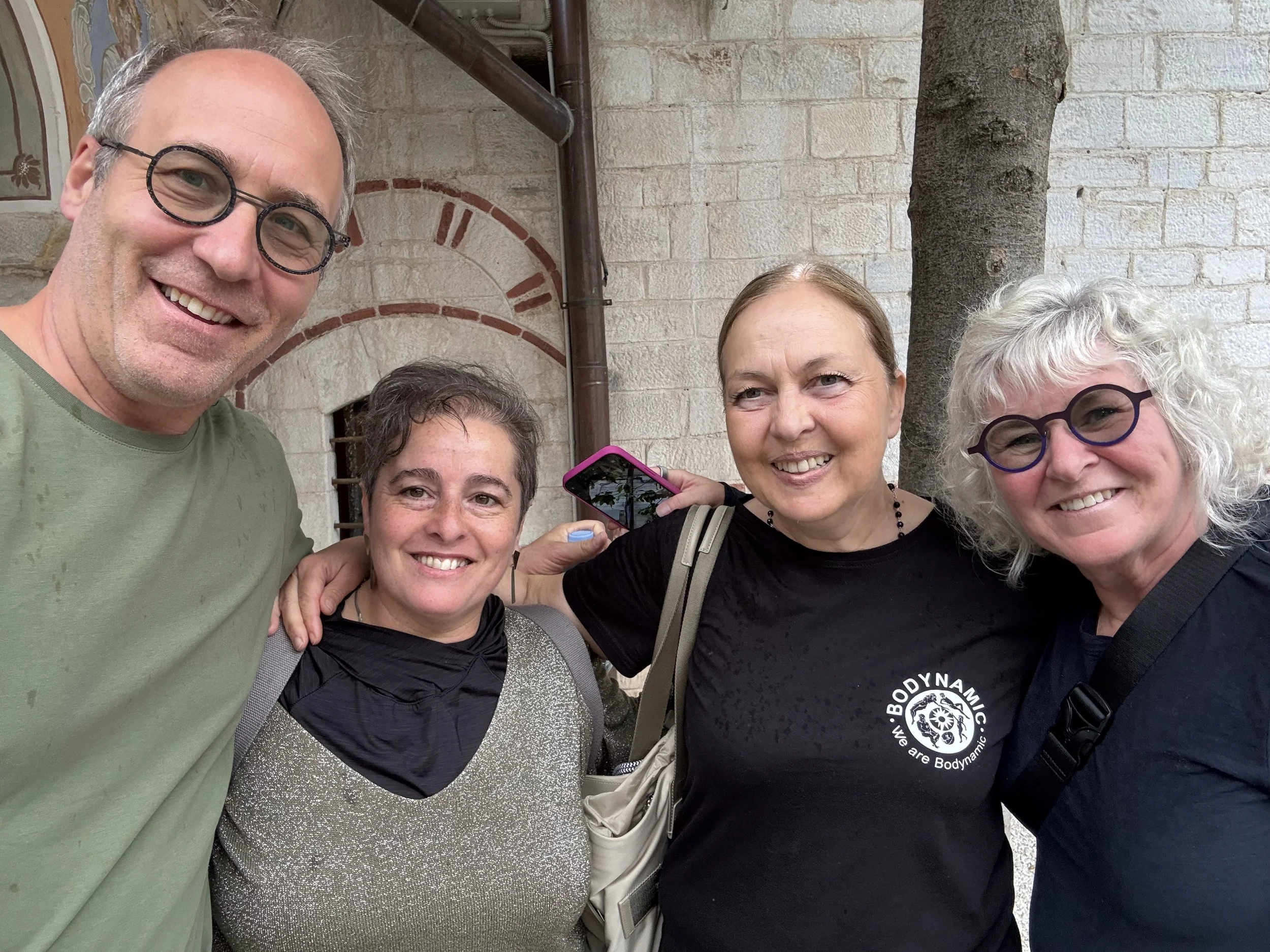Loving-Kindness — One Word or Two?
By Kim Barthel
During a spiritual retreat hosted by Bodynamic International, guided by the world-renowned Lisbeth Marcher and assisted by Malte Nielsen, I had an unexpected insight. It was a profound “aha” moment, not from the workshop content itself but from my own trigger of witnessing a “conflict” and resolution. So it was more of a sideways personal learning that I’d really like to share. For context we were gathered in the beautiful mountains of Bulgaria, not far from Greece — a place where nature itself seems to hold space for reflection — and amidst the teachings and the quiet, something gently shifted in my understanding of expressing and receiving love.
For much of my life, I had understood lovingkindness to be one indivisible word, one unified state of being. In my mind, to love meant to be kind — that the two were inseparably fused. If someone was not kind, I concluded they could not truly be loving. After all, I’d thought, isn’t kindness simply love being expressed?
But in that retreat space, led so skillfully by Lisbeth and Malte for whom I am thankful, I found myself breaking the concept apart:
Instead of lovingkindness, I could see them as loving and kindness.
Two words. Two distinct elements.
With that small shift in perception, something much larger opened.
I began to realize that love and kindness, while related, are not always expressed together. A person may hold genuine love in their heart, yet their behaviour may not always appear kind. The intention to love may exist deeply, even fiercely, but may still be expressed through fear, defensiveness, unhealed pain, or moments of dysregulation. The absence of kindness in an action does not always equate to the absence of love in the heart.
This realization softened my judgments of others, particularly of people in my early childhood who I perceived were not demonstrably kind.
I saw how often I had unconsciously combined these two qualities, lovingkindness, assuming that if kindness were missing, then love must be absent too. But now I could feel the nuance, the complexity of our humanness:
Sometimes love is present when kindness struggles to emerge, or even when a criticism comes across as judgmental or outright mean.
Sometimes kindness is withheld not from a lack of love, but from inner overwhelm, unresolved wounding in their own history, or their unregulated anxiety in the moment.
Alternately, sometimes expressed “kindness” is empty without true connection to the intention of being loving, instead with an intention to manipulate without concern for the other at all.
Of course, the most beautiful and often most well-received expression is when love and kindness flow seamlessly together, when the heart’s intention finds words, actions, and presence that carry both. But in recognizing loving-kindness as two separate but related forces, I have found a deeper compassion.
Compassion for myself: I may not have acted kindly, but my heart still held love.
Compassion for other: They may not have spoken with kindness, but their intention may still have been loving.
Breaking the word apart has, paradoxically, brought me closer to wholeness.





